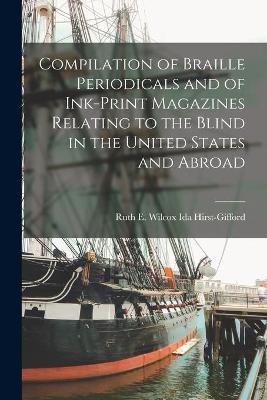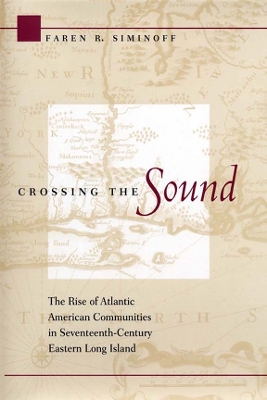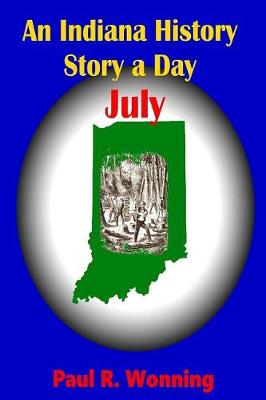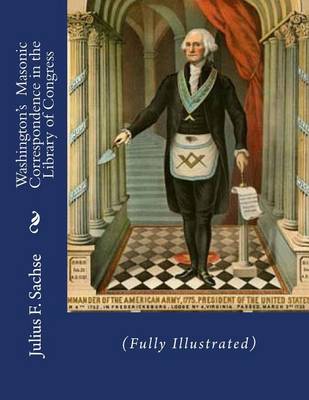John Cotton Jr. (1639-1699) was the second son of one of the most famous clergymen of New England's founding generation. At the age of twenty-two, already the pastor of the church in Wethersfield, Connecticut, he lost his ministry as a result of a sexual scandal. Disgraced and jobless, Cotton moved his family to distant Martha's Vineyard to start anew as a missionary to the Indians. Within a few years, Cotton had managed to rehabilitate his reputation, and he accepted a call to the church in Ply...
At a time when surveys reveal that Americans know less and less about our past, Tony Williams provides entertaining and informative descriptions of 50 of the most important and dramatic events from the colonial and Revolutionary period-some known and some forgotten-from the Mayflower Compact to the Annapolis Convention. Published in association with The Colonial Williamsburg Foundation, America's Beginnings takes the reader throughout the American colonies and introduces many leading figures, fr...
Narratives of the Indian Wars, 1675-1699
by N S, John Easton, and Richard Hutchinson
Montcalm and Wolfe: The Riveting Story of the Heroes of the French & Indian War (a Modern Library E-Book)
by Francis Parkman
This beautifully illustrated book reproduces in full the famous and rarely seen British Museum collection of drawings and watercolors made by John White, who in 1585 accompanied a group of English settlers sent by Sir Walter Raleigh to found a colony on Roanoke Island, North Carolina. White's duties included making visual records of everything he encountered that was then unknown in England, including plants, animals, and birds, as well as the human inhabitants, especially their dress, weapons,...
William Shirley, Governor of Massachusetts, 1741-1756, a History, Volume I
by George Arthur 1878- Wood and William 1694-1771 Shirley
Understanding Our Neighbors, a Factual Study of America's Major Race Problem.
Reply to Rev. Dr. Ryerson's Report on Institutions for the Deaf and Dumb in Europe and in the United States of America [microform]
Compilation of Braille Periodicals and of Ink-Print Magazines Relating to the Blind in the United States and Abroad
In seventeenth-century North America, communities on eastern Long Island were an integral part of the tumultuous and dynamic New England region and the larger Atlantic American world. They were created and modified by ideas and traditions that were inherent to life in Atlantic America and were not simply imported from Europe or established solely by settlers and imposed on native peoples. In Crossing the Sound Faren R. Siminoff skillfully weaves new data with sophisticated theoretical analysis...
Washington's Masonic Correspondence in the Library of Congress
by Julius F. Sachse

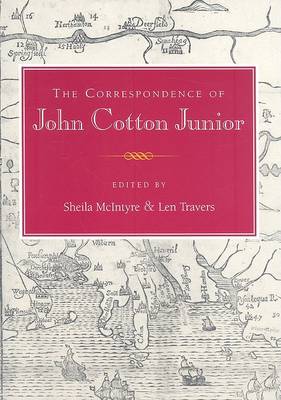
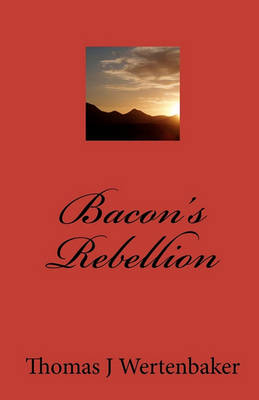
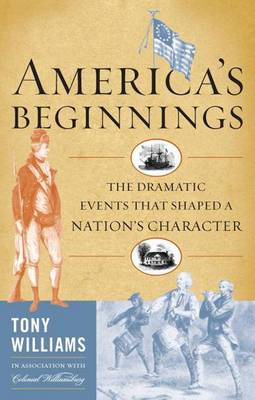
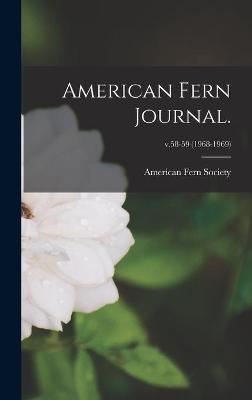
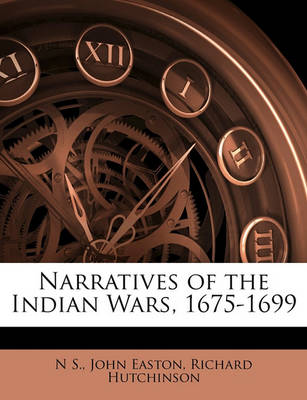
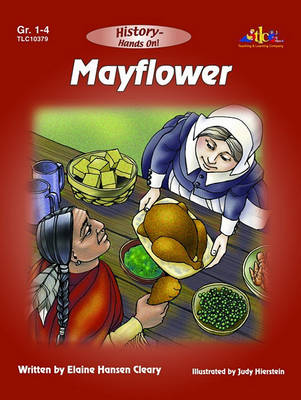
![Cover of Tables, Showing the Difference of Longitude in Time, at the Most Important Places, Between the Atlantic and Pacific Oceans, in the British North American Dominions, and the Northern Section of the United States [microform]](https://images.bookhype.com/covers/99/44/94d3c0cd-bf1f-4330-bd3c-1a84a9bd4499/9781014634115-e5e19937d1abd3689969f4.jpg)
![Cover of The Cromwellian Settlement of Ireland [1652-1660]](https://images.bookhype.com/covers/42/b9/91575ef7-b948-4aa4-b778-b646f17d9b24/9780806347011-28ac83a30dbfba5ac70c5e.jpg)
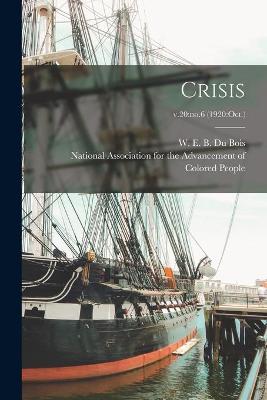
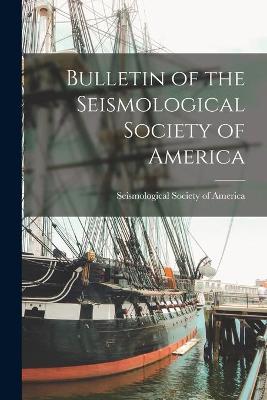
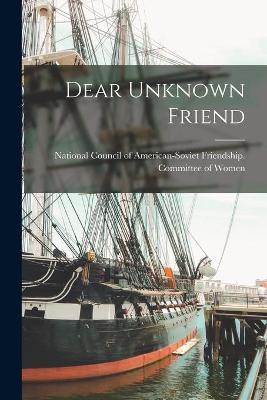
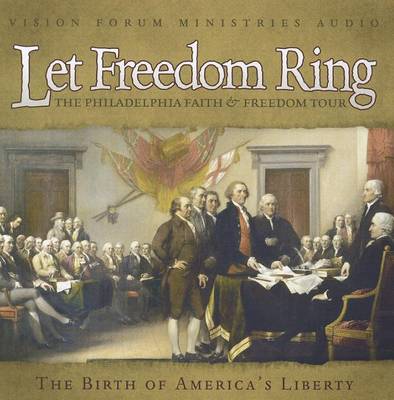
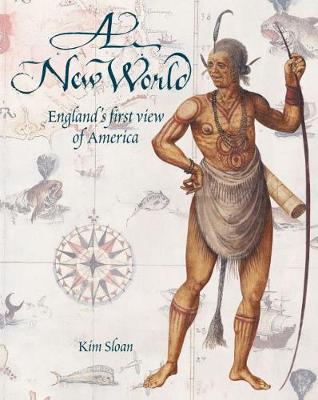
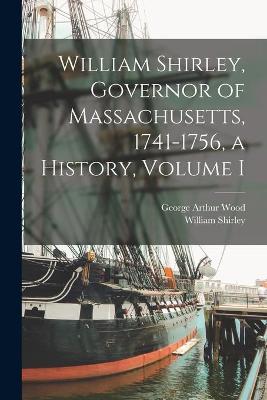
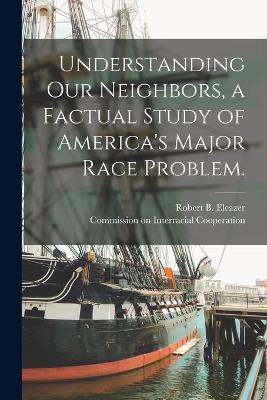
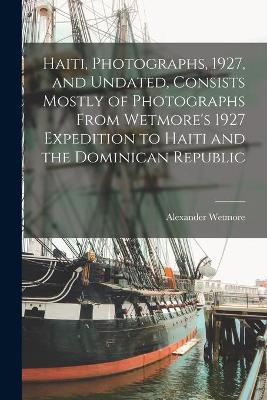
![Cover of Reply to Rev. Dr. Ryerson's Report on Institutions for the Deaf and Dumb in Europe and in the United States of America [microform]](https://images.bookhype.com/covers/e3/42/94d3c06c-d37b-4b26-a465-a6ee6d70243e/9781013601514-798e26d48e97c2b11a022e.jpg)
